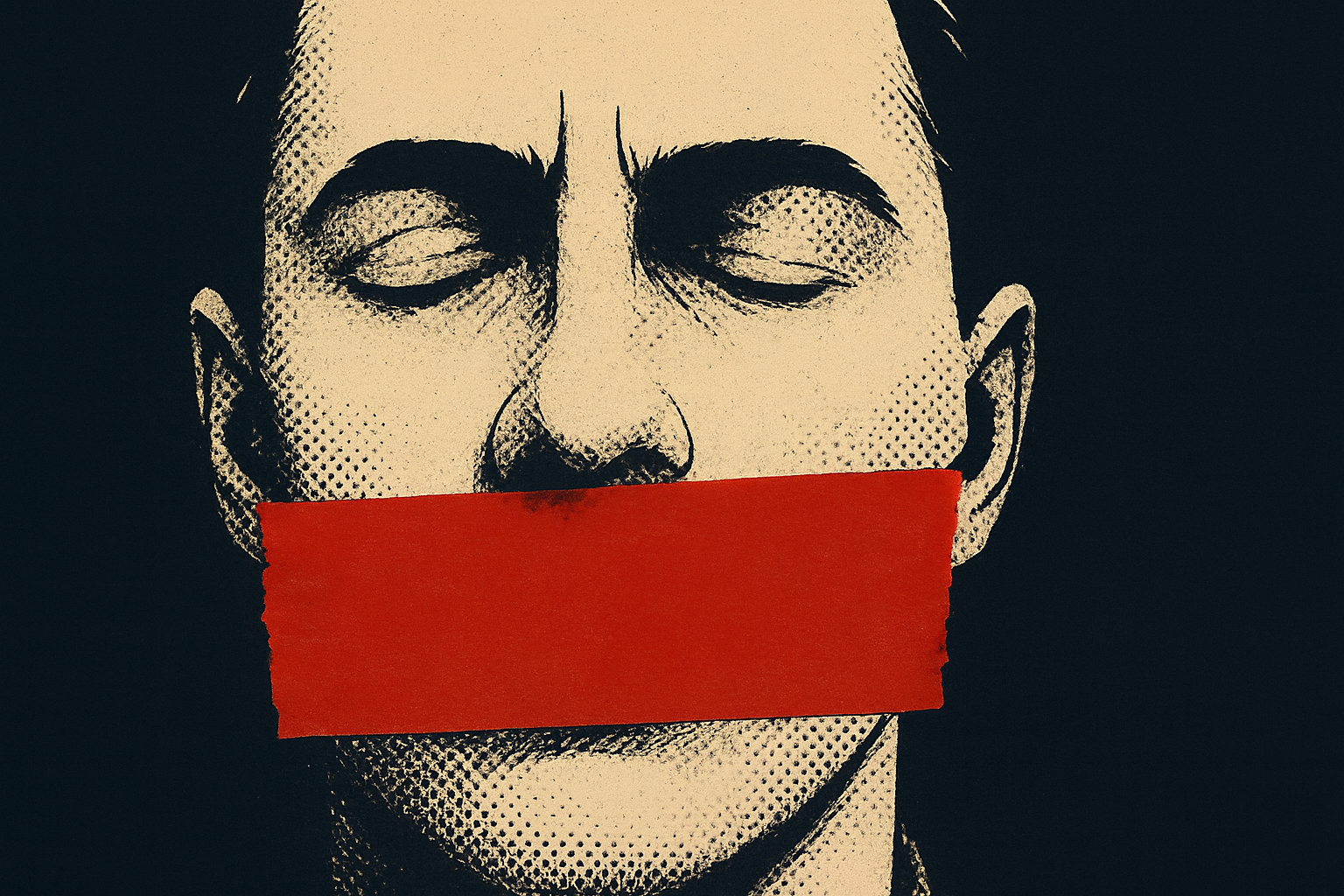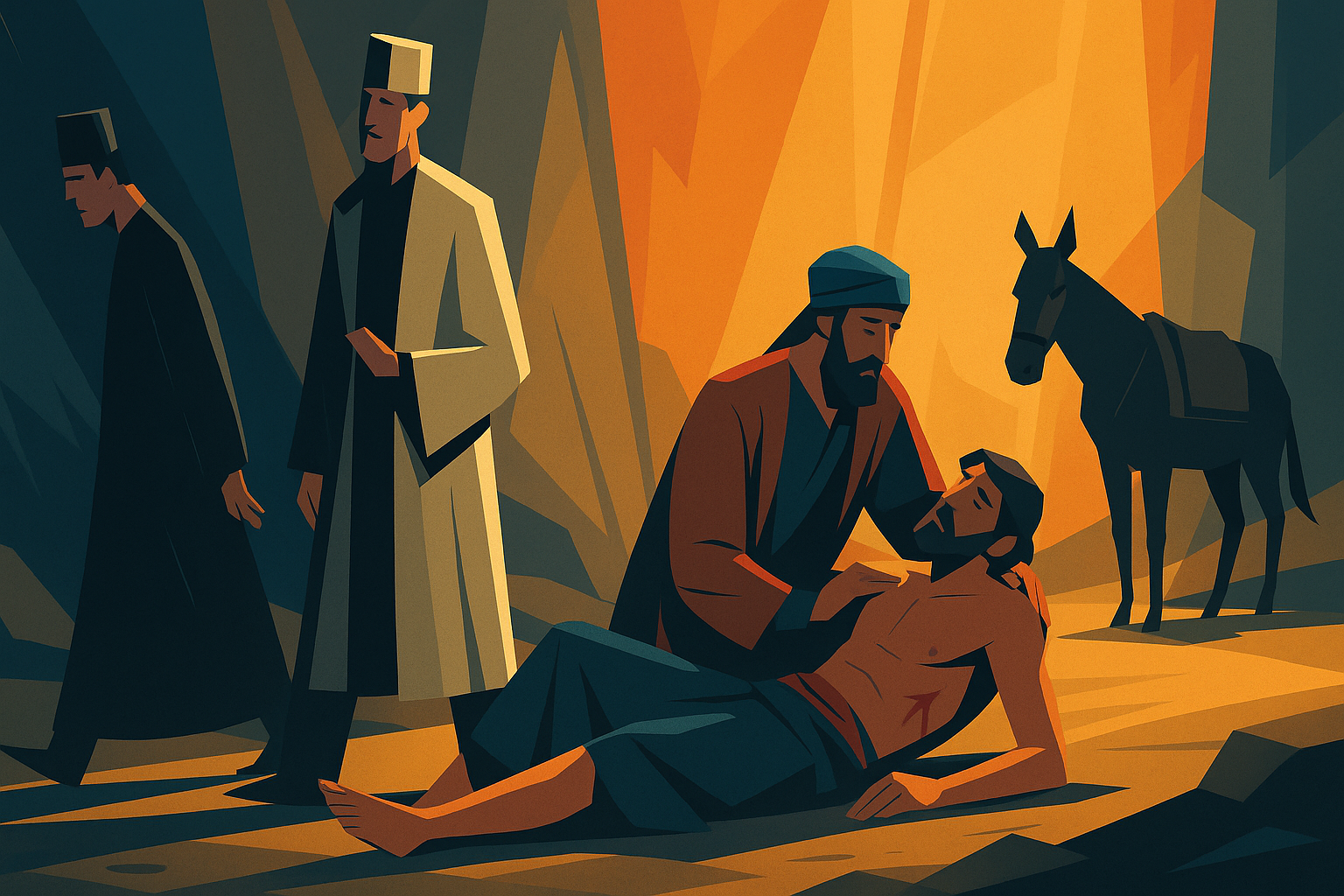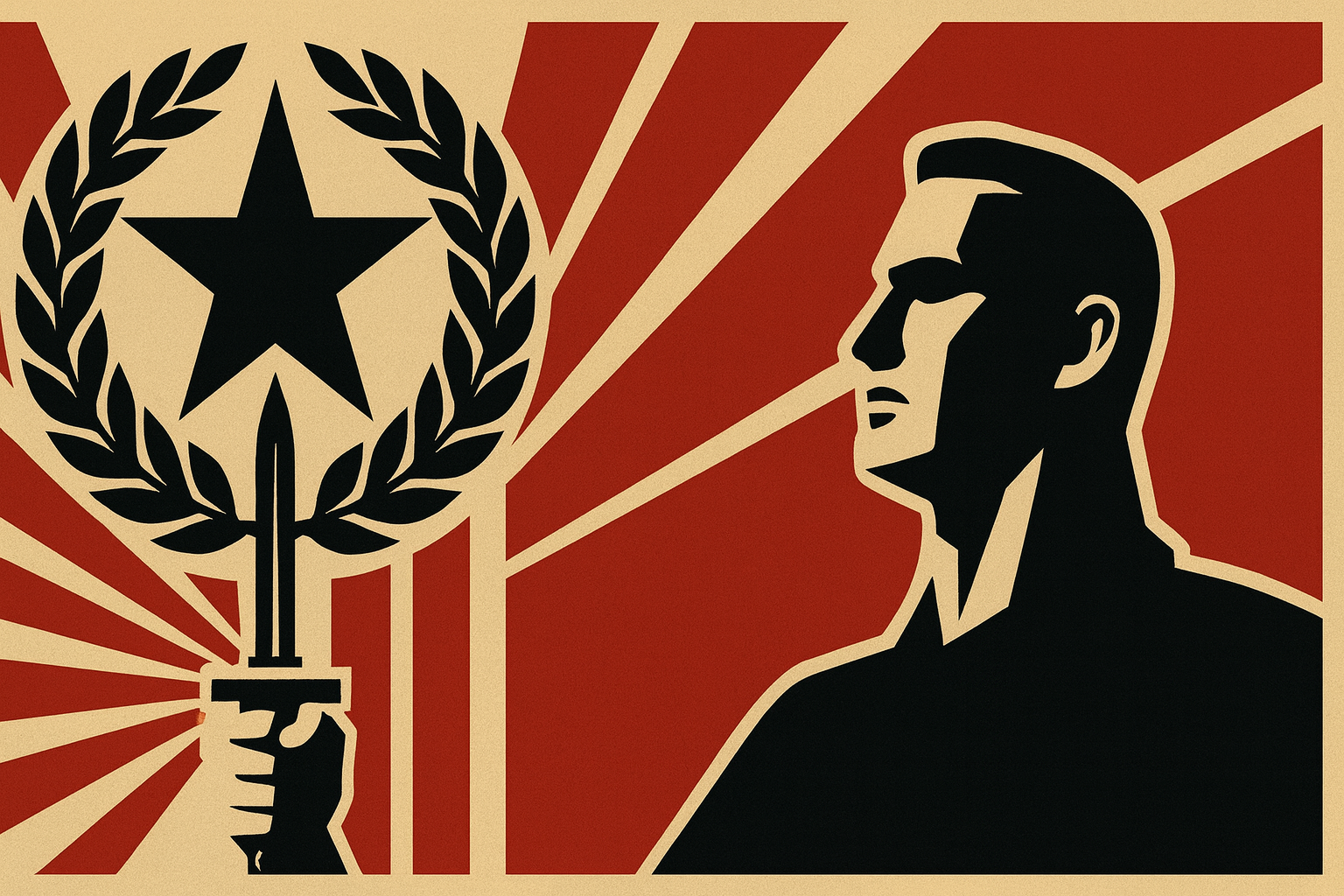In America, you can say almost anything without fear of being jailed by the government. That’s the beauty of the First Amendment. It is one of the great protections of our republic: the right to speak freely without government suppression.
But freedom of speech is not freedom from the consequences of speech. The Constitution ensures that the government cannot silence you, but it does not shield you from what others may think, say, or do in response.
Government vs. Society
The First Amendment protects you from government censorship. It does not protect you from an employer who believes your speech violates their values, or from peers who strongly disagree and push back. That distinction matters.
Too often, we confuse constitutional freedom with social immunity. You are free to speak, but you are not free from accountability, relationships, or reputations shaped by your words. Words are never weightless. They shape communities, sway friendships, and even define credibility. In civil society, reckless speech can cost you opportunities or trust. Liberty has always been paired with responsibility, because speech carries moral and relational consequences.
The Constitution protects your mouth. But eternity judges your heart. Scripture reminds us, “Death and life are in the power of the tongue” (Proverbs 18:21). Speech is free, but wisdom determines its cost. The more careless our words, the heavier the fallout.
The question is not only what we can say, but whether our words bring truth, healing, and life.
Several years ago, a young man posted a sarcastic, offhand joke online before boarding a flight overseas. He thought nothing of it. By the time he landed, the “joke” had gone viral. The internet tore him apart, his company fired him, and friends distanced themselves. What he thought was a throwaway sentence ended up costing him his career, his reputation, and his peace of mind.
I once knew a woman who lost her husband in a tragic accident. In her moment of grief, she chose her words carefully. At the memorial, she stood before hundreds and said, “I forgive the man who caused this. My husband would have wanted him to know grace.” Her words, in the most painful moment of her life, carried life and redemption. They rippled through the crowd, sparking tears, repentance, and even reconciliation.
Both stories remind us of this: words can destroy, or words can heal. The Constitution may guard our right to speak, but only wisdom and love determine whether our words will build up or tear down.
So yes, speak boldly. Speak freely. But above all, speak life.






.svg)
